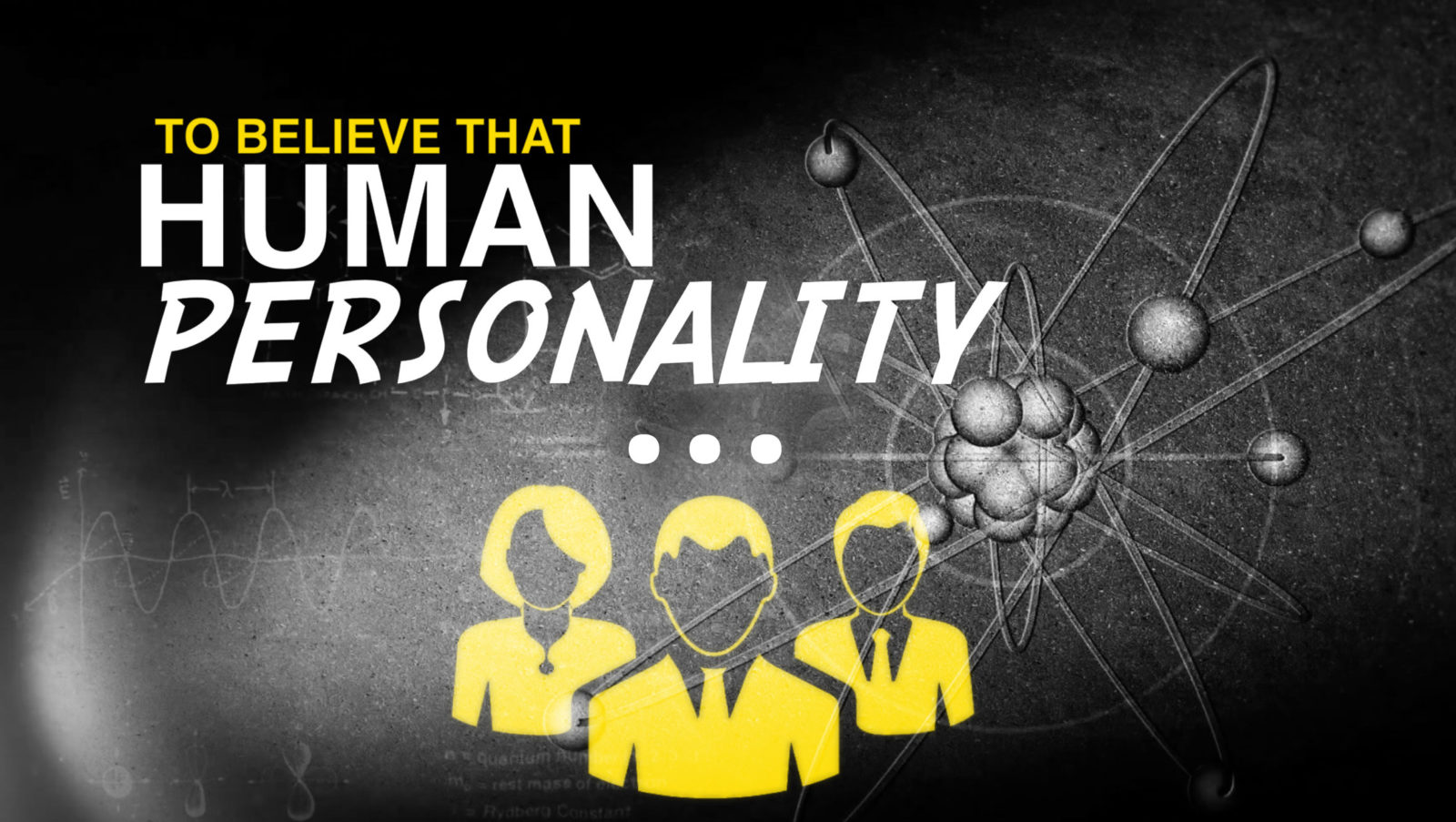Martin Luther King on the Design of the Universe
He talked as though he unfolded the seasons and provided the fertility of the soil, controlled the rising and the setting of the sun, and regulated the natural processes that produce the rain and the dew. He had an unconscious feeling that he was the Creator, not a creature. This man-centered foolishness has had a long and oftentimes disastrous reign in the history of mankind. Sometimes it is theoretically expressed in the doctrine of materialism, which contends that reality may be explained in terms of matter in motion, that life is “a physiological process with a physiological meaning,” that man is a transient accident of protons and electrons traveling blind, that thought is a temporary product of gray matter, and that the events of history are an interaction of matter and motion operating by the principle of necessity. Having no place for God or for eternal ideas, materialism is opposed to both theism and idealism.
This materialistic philosophy leads inevitably into a dead-end street in an intellectually senseless world. To believe that human personality is the result of the fortuitous interplay of atoms and electrons is as absurd as to believe that a monkey by hitting typewriter keys at random will eventually produce a Shakespearean play. Sheer magic! It is much more sensible to say with Sir James Jeans, the physicist, that “the universe seems to be nearer to a great thought than to a great machine,” or with Arthur Balfour, the philosopher, that “we now know too much about matter to be materialists.” Materialism is a weak flame that is blown out by the breath of mature thinking.
Rev. Dr. Martin Luther King, Jr., “The Man Who Was a Fool” (1967)
